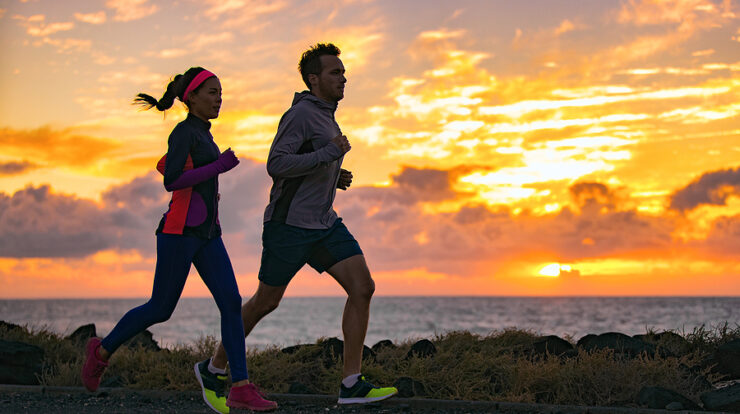
Submitted by the Baylor College of Medicine….
As people return to the gym and their regular fitness routines after months in quarantine, the last thing anyone wants is an injury caused by their workout. A sports medicine expert at Baylor College of Medicine said it is normal to feel that your fitness level is lower than usual if you have had a break from exercise.
“One of the most common reasons people get injured is because they overexert themselves when their level of fitness is not where they want it to be,” said Dr. Irvin Sulapas, a primary care sports medicine physician and assistant professor of family and community medicine at Baylor.
Sulapas offers a few tips on how to prevent injury, whether you are seasoned to exercise or are beginning to work out again:
Do a proper warm up and cool down
Warming up the muscles and having a cool-down routine can help decrease risk of injury, Sulapas said. He recommends walking or jogging as a warmup and performing yoga, stretching or a slow walk after exercise.
Practice correct form
Sulapas said many exercise injuries occur due to poor form. Whether it is cardio or weight training, he said to make sure you are doing the exercise correctly.
“Sometimes when you take a break from exercise, or even when you exercise a lot, form goes away and that can put you at risk for an injury,” Sulapas said.
Start slow
If you have been on a break from exercise, Sulapas recommends slowly easing into your workout to prevent an injury. He advises shortening the distance for cardio and decreasing some of the weight for weight training until you reach your normal pace or weight.
Exercising outdoors
If you are not comfortable with returning to the gym or a group exercise class yet, Sulapas said exercising outside is an alternative way to work out while maintaining a suitable social distance. He offers additional tips on how to exercise outside in the summer without becoming overheated:
- Remain hydrated, especially when temperatures are high.
- Try doing your workout in either the early morning or evening when temperatures are lower.
- Wear the appropriate workout attire. Sulapas advises wearing fabric that’s breathable and can prevent you from becoming overheated.
“You need to stay on top of hydration to make sure you don’t cramp or become dehydrated,” Sulapas said.
If an injury occurs, Sulapas advises to slow down, stop and assess the injury. Depending on the injury, he said using an ice pack compress and elevating it can help ease the pain.
“Do not try to work out through the pain,” Sulapas said. “If something is hurting, remember to stop because you might make it worse.”

